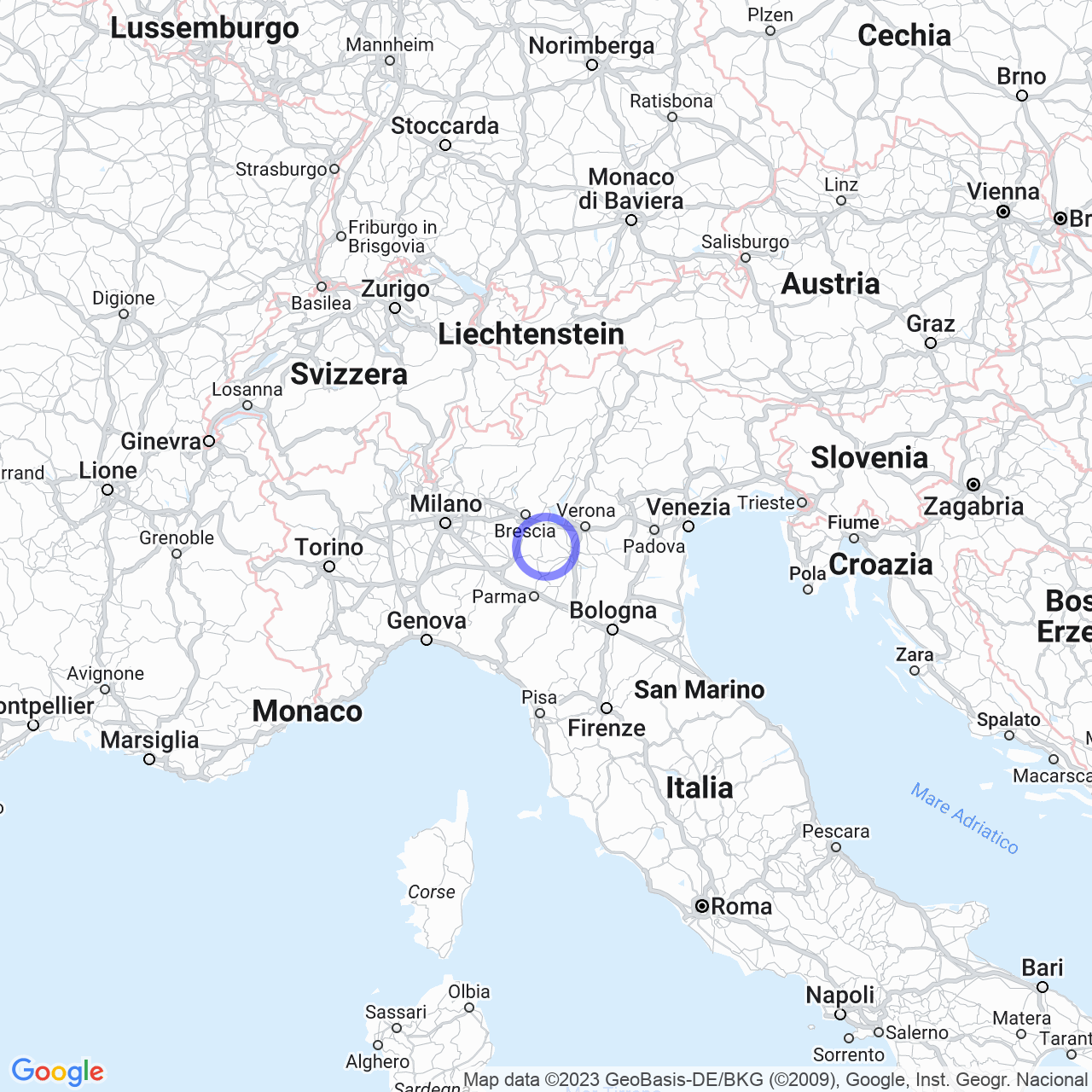Casaloldo
The Life of Alberto II Casalodi
Alberto II Casalodi (also known as "il Giovane") was born around 1230 and represented Brescia in a territorial division act of Mosio in 1254. He was one of the main representatives of the Casalodi family.
After the ban and confiscation of property in Asola and Mosio, his family moved to Mantua. Here, Alberto was confirmed in his position as a count and acquired privileges and properties. The Casalodi family formed a party that aimed to regain the power they had lost in Brescia. However, they found themselves against major families like Bonacolsi and Corradi-Gonzaga.
In 1272, Alberto Casalodi, a partisan of both Guelfs and Ghibellines and an ally of Count Ludovico di Sambonifacio, was defeated by Pinamonte dei Bonacolsi. The latter took advantage of the weakening of the opposing faction to expel Casalodi and take over the city's power. Mass exiles and summary executions depopulated the city.
The Struggle for Power
After suffering damage and property losses due to the ban and confiscation of property in Asola and Mosio, the Casalodi family moved permanently to Mantua, where they sought to regain the power they had lost in Brescia.
In the city, the Casalodi family formed a party to compete with other major families for primacy. This led to tensions with some families like Bonacolsi and Corradi-Gonzaga, who tried to maintain their power over the city.

The Government of Pinamonte Bonacolsi
Pinamonte Bonacolsi deceived Count Alberto di Casalodi and obtained the city's lordship. Alberto, who held a prominent position in the city, accepted Pinamonte's advice and banned Bonacolsi's opponents. This facilitated Pinamonte in seizing the government of Mantua and holding power as the perpetual captain of the city and the people.
The Memory of Alberto Casalodi
The figure of Alberto Casalodi was immortalized in Dante Alighieri's "De Vulgari Eloquentia." In Canto XX of Inferno, Dante alludes to the power struggle between Casalodi and Bonacolsi that led to mass exiles and summary executions.
Conclusion
Alberto II Casalodi was one of the main representatives of the Casalodi family. After suffering damage and property losses due to the ban and confiscation of property in Asola and Mosio, his family moved permanently to Mantua, where they sought to regain the power they had lost in Brescia. However, the Casalodi family found itself against major families like Bonacolsi and Corradi-Gonzaga, which led to tensions and conflicts that caused many mass exiles and summary executions. Alberto Casalodi's figure was immortalized in both literature and history for his struggle for power in the city of Mantua.
